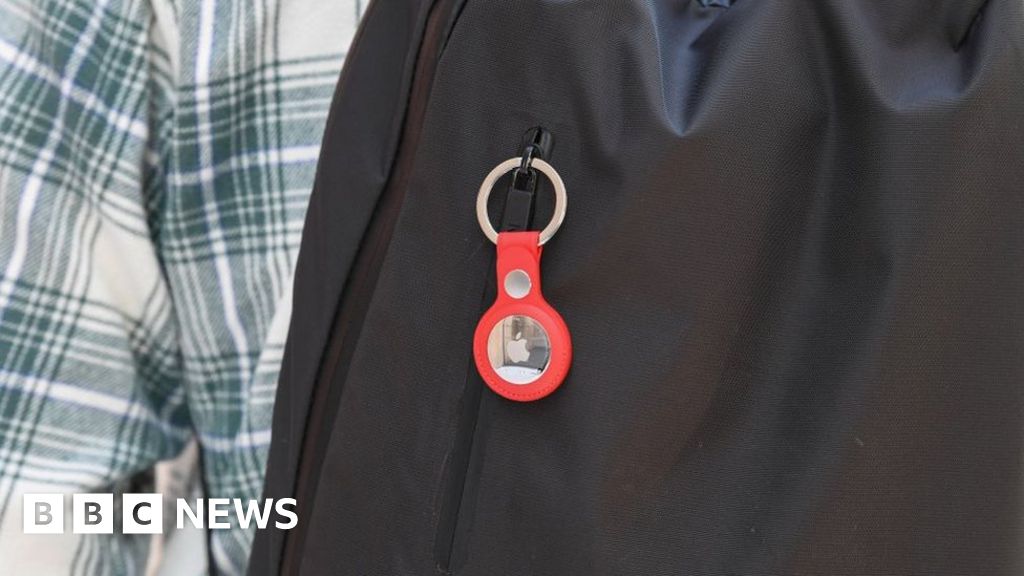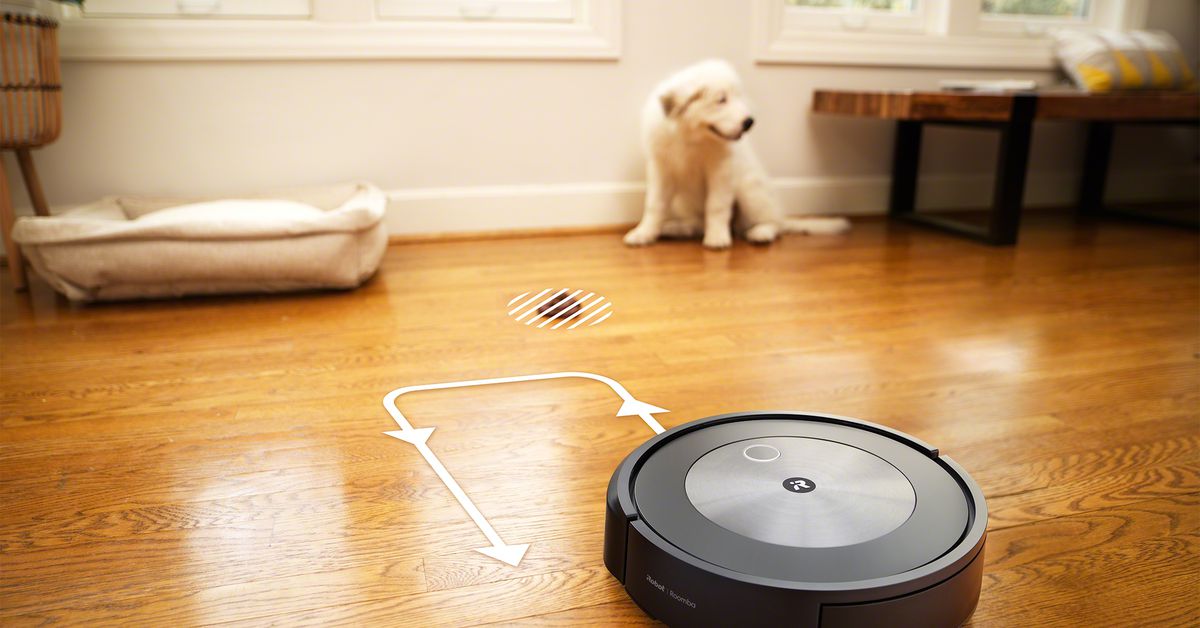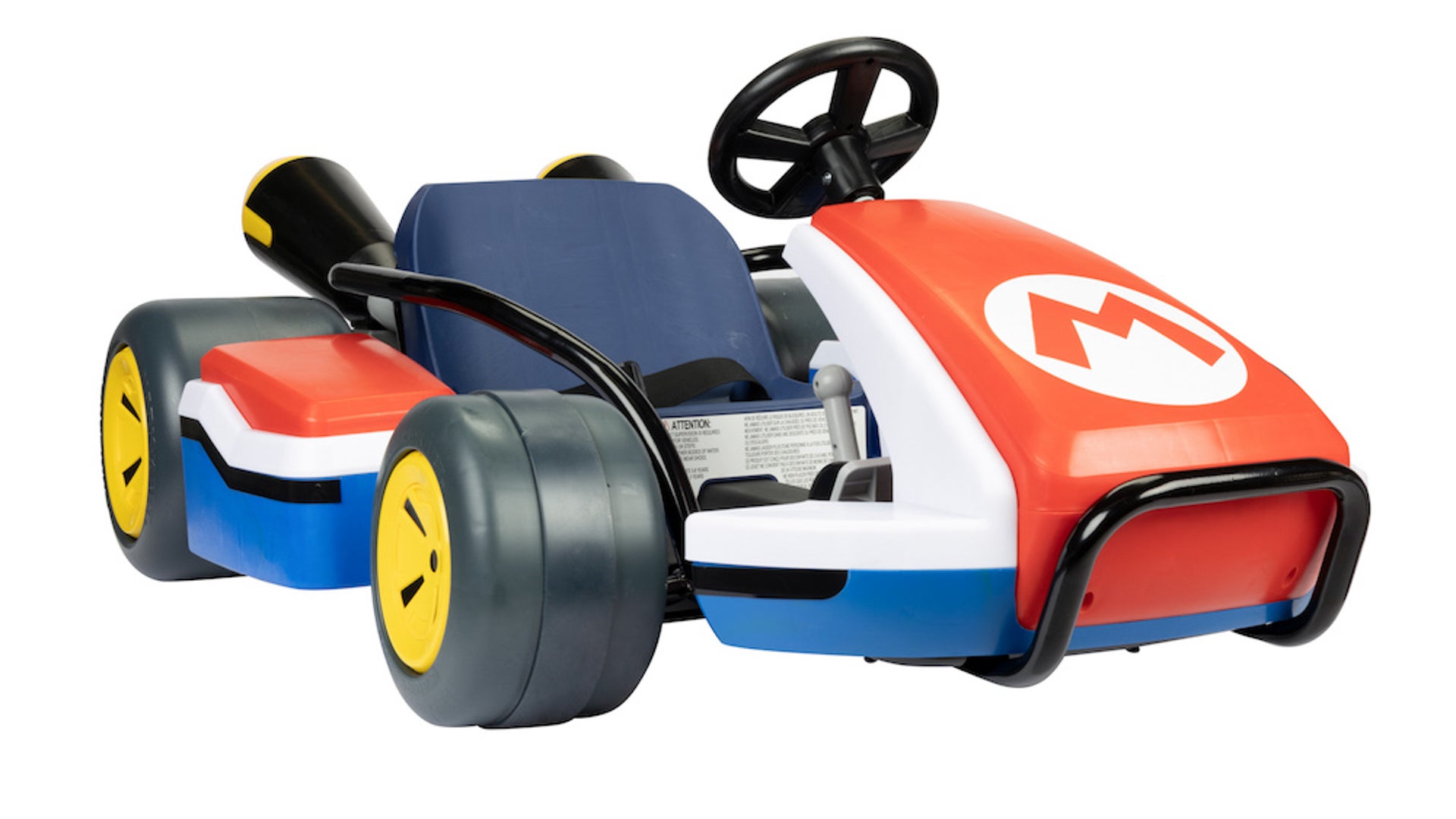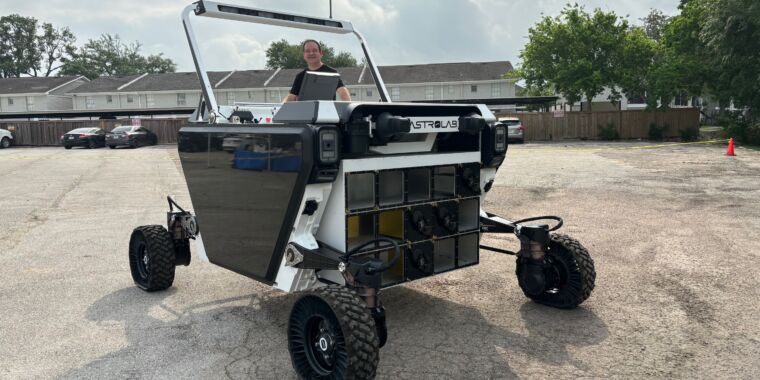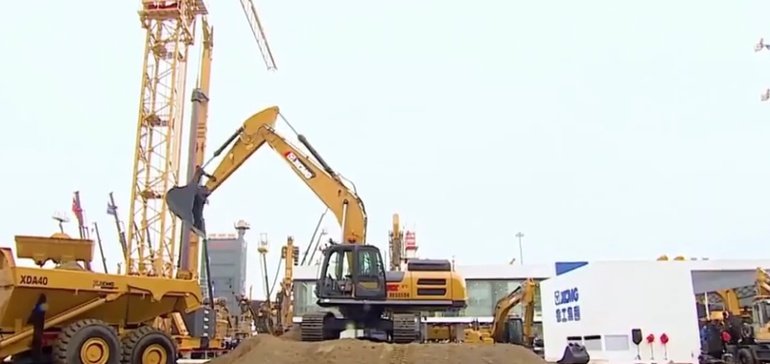
AI-driven Excavator Works on Its Own for Over 24 Hours
An excavator using lidar, cameras and proprioceptive sensors has been deployed in a real-world setting to work autonomously for more than 24 hours. The machine used artificial intelligence developed by Baidu Research Robotics and the University of Maryland to prove its mettle at a waste-disposal site in challenging winter weather.
Unmanned heavy work machines can help construction firms address skilled labor shortages while minimizing work hazards like cave-ins, ground collapses or other excavation accidents.
While most industry robots such as Boston Dynamics’ Spot the robot dog are comparatively smaller and function in more predictable environments, excavator robots are required to operate in an extensive range of hazardous environmental conditions. They must be able to identify target materials, avoid obstacles, handle uncontrollable environments, and continue running under difficult weather conditions.
The development team described their methodology in a research paper published last month in Science Robotics. They deployed the system at a waste disposal site for more than 24 continuous hours and in winter weather conditions, where vaporization can pose a threat to LiDAR sensing and performance.






